We’re wishing you and yours a joyful, plant-powered Tu B’Shvat, Chag Sameach! חַג שָׂמֵחַ
Tu B’Shvat, the environmentally-focused Jewish holiday celebrating the new year of the trees, is the perfect time to start your plant-based journey or to inspire someone in your life to start theirs! It’s been argued that Tu B’Shvat is the most vegan of all Jewish holidays, because of the many connections to plant-based themes and concepts.
Hebrew date: 15th of Shvat
Significance: Tu B’Shvat is the new year for the trees. Originally it was the date when fruits were set aside for the Beit
HaMikdash (the temple). In the Middle Ages, it was instituted as a day to celebrate the fruits. Today, it is celebrated
through having a seder (special meal) with the seven species of Israel. In Israel it has also become a day to plant
trees.
Vegan holiday tip: Sit back and enjoy. Finally a holiday centered around plants!
Call to action: Invite your friends for a Tu B’Shvat Seder
Praised are You, Our Hashem, Ruler of the universe, Former of light, Creator of darkness, Maker of peace and the Creator of all things. In Your mercy light shines over the earth and upon all who inhabit it. Through Your goodness the work of the creation is daily renewed. How great are Your works, O Hashem, in wisdom You have made all of them. The earth is filled with Your creations.
(Siddur, Yotzer Or)
Oder of a Tu B’Shvat Seder
1) Drink a cup of white wine and eat fruits and nuts with a hard outside and an edible inside
The world of Asiyah (actualization) – We too often judge people through labels and simplistic views. These fruits
show us that even things that appear hard and inedible often have something beautiful inside.
2) Drink a cup with a few drops of red wine and the rest white and eat fruits with pits at their center
The world of Yetzirah (formation) – The few drops of red wine are able to change the complexion of an entire cup,
which reminds us that we have the potential for tremendous change. The pits remind us not to overlook the
potential for growth even in the barest of places.
3) Drink a cup of half red and half white wine and eat fruits that are entirely edible
The world of Beriah (creation) – Even though the trees are blooming, they are still growing. The mixture of wine
reminds us that we are in the middle of the process even though it may seem complete. The fruits remind us of the
wholeness of the world where everything has a purpose.
4) Drink a cup with a few drops of white wine and the rest red
The world of Atzilut (presence, emanation, birth) – The drops of wine remind us the beginning of the seder and the
cyclical nature, yet the white wine remains invisible. There is much in the world that we cannot but that we gain from.
Here are some resources that connect Tu B’Shevat to plant based eating:
- Celebrating Tu B’Shevat as if Environmental Sustainability Matters by Richard H Schwartz, PhD
- Tu b’Shvat: Vegan Meals are an Ancient Tradition- by Amelia Saltsman
- A Vegan Charcuterie Board for Tu B’Shvat– by Michael Tanenbaum
- Lessons From Trees: a Tu B’Shevat Message by Richard H Schwartz, PhD
“Behold, I have given you every herb yielding seed which is upon the face of all the earth, and every tree that has seed-yielding fruit — to you it shall be for food.”
– Gen. 1:29
This Tu B’Shvat, we invite you to learn more about the impact our food has on the environment.
- Here is a compelling article about how going plant based can significantly help our climate crisis: Could going vegan help reduce greenhouse gas emissions?– by Ker Than
- We’ve put together info on some common foods that indicate how much:
- The land was used?
- Water was utilized?
- Greenhouse Gases were emitted?
Check out our Fridge Forward Food Labels: Download for free here!

Make the pledge and share with others!
Join us by adopting a plant-based for one month starting January 25, 2024. (Although, we hope you love it so much that you choose to do it for longer!)
- Sign on now, and share with others in your community!
- Questions? emma@shamayim.us
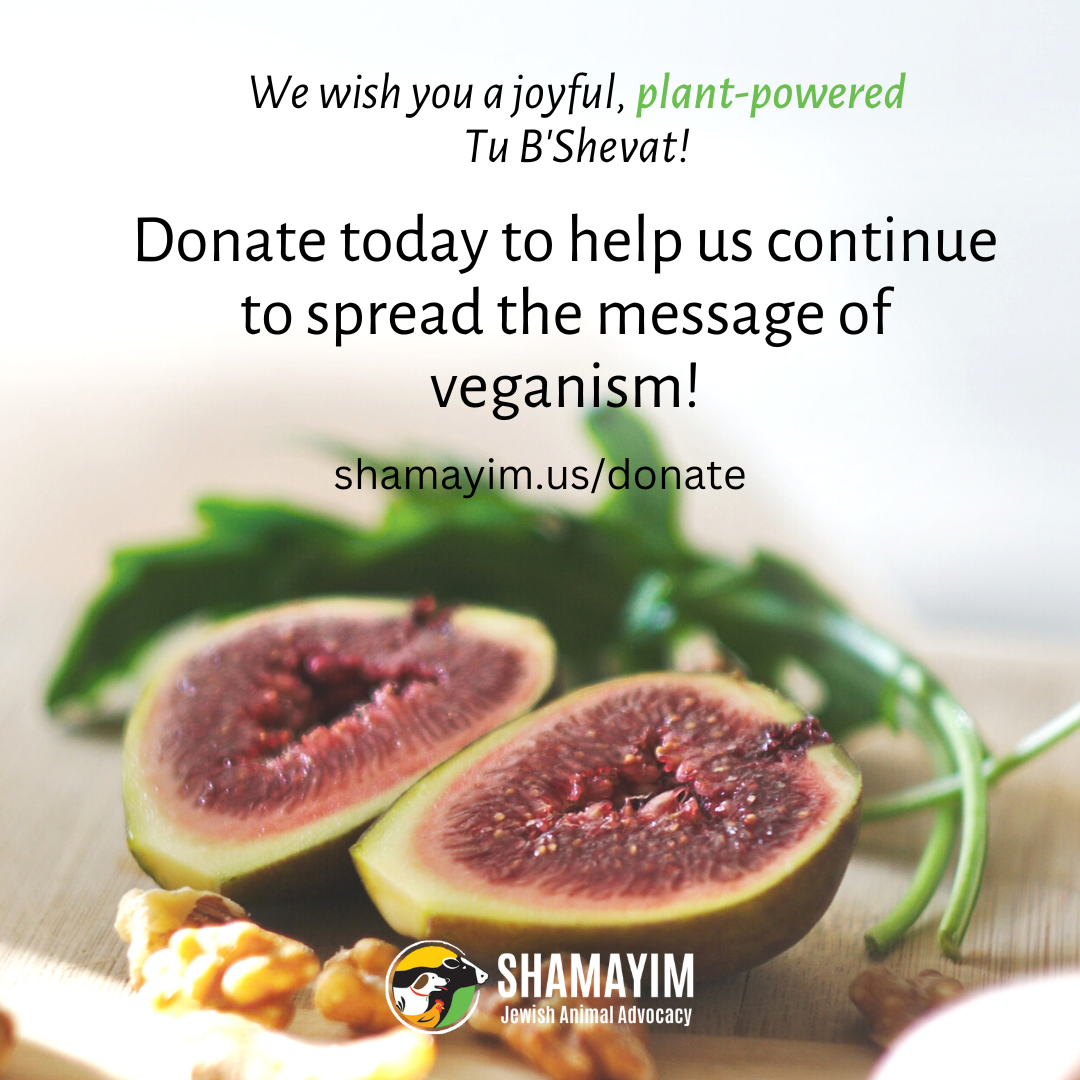
Donate today: shamayim.us/donate
Blessings,
Emma Goldblatt | Program Manager

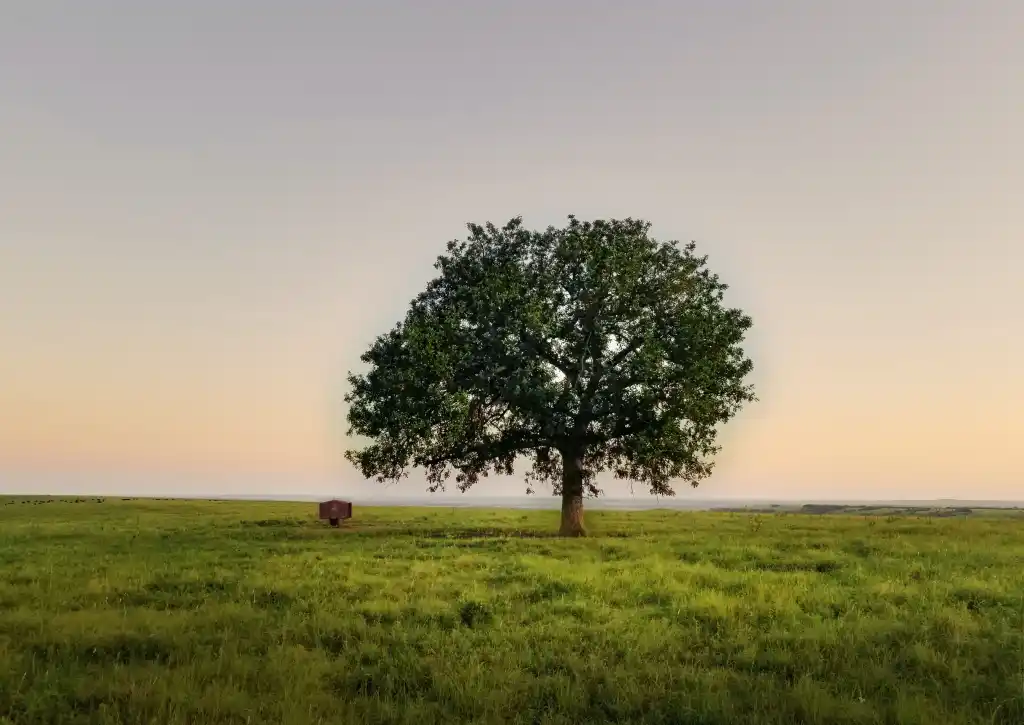
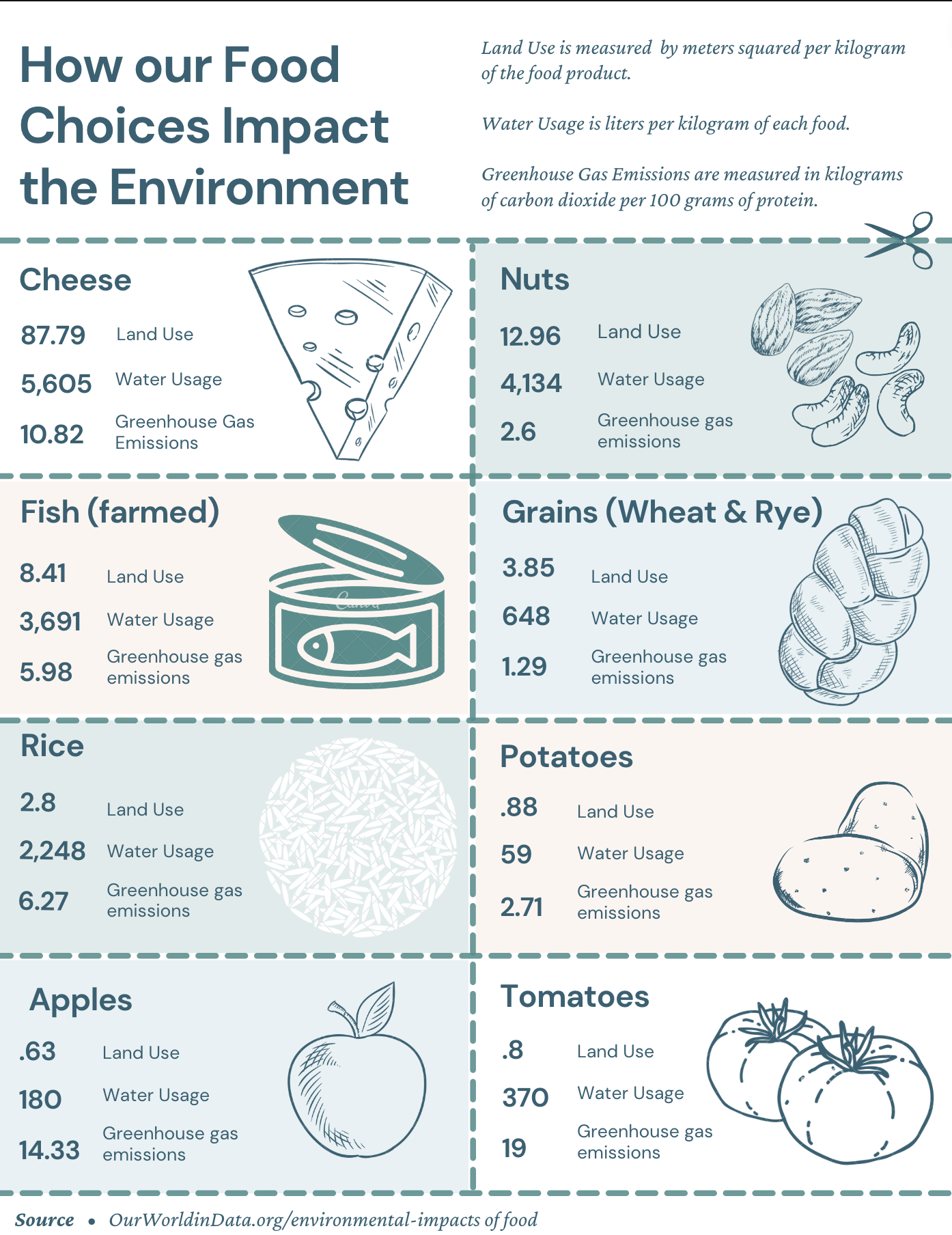
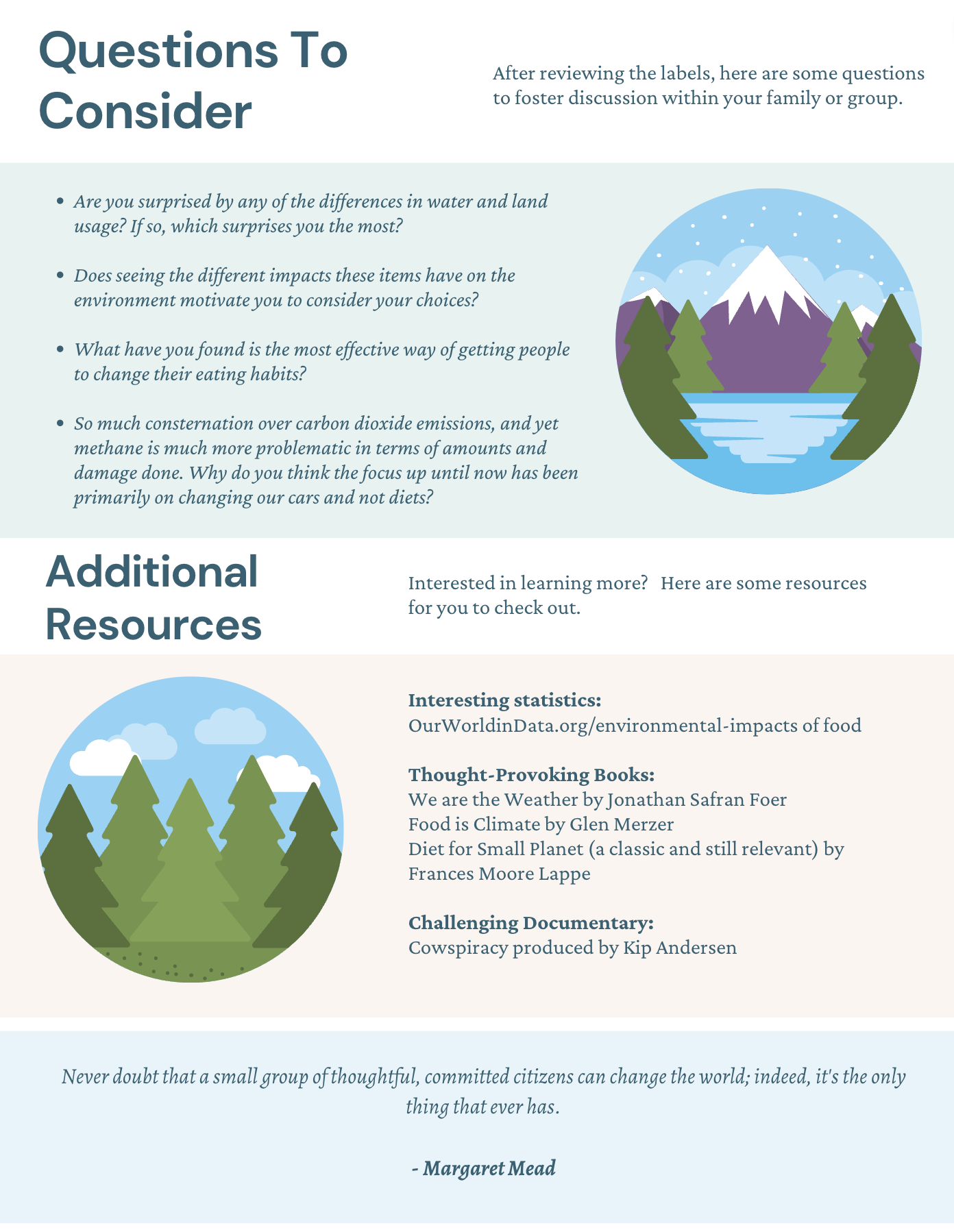
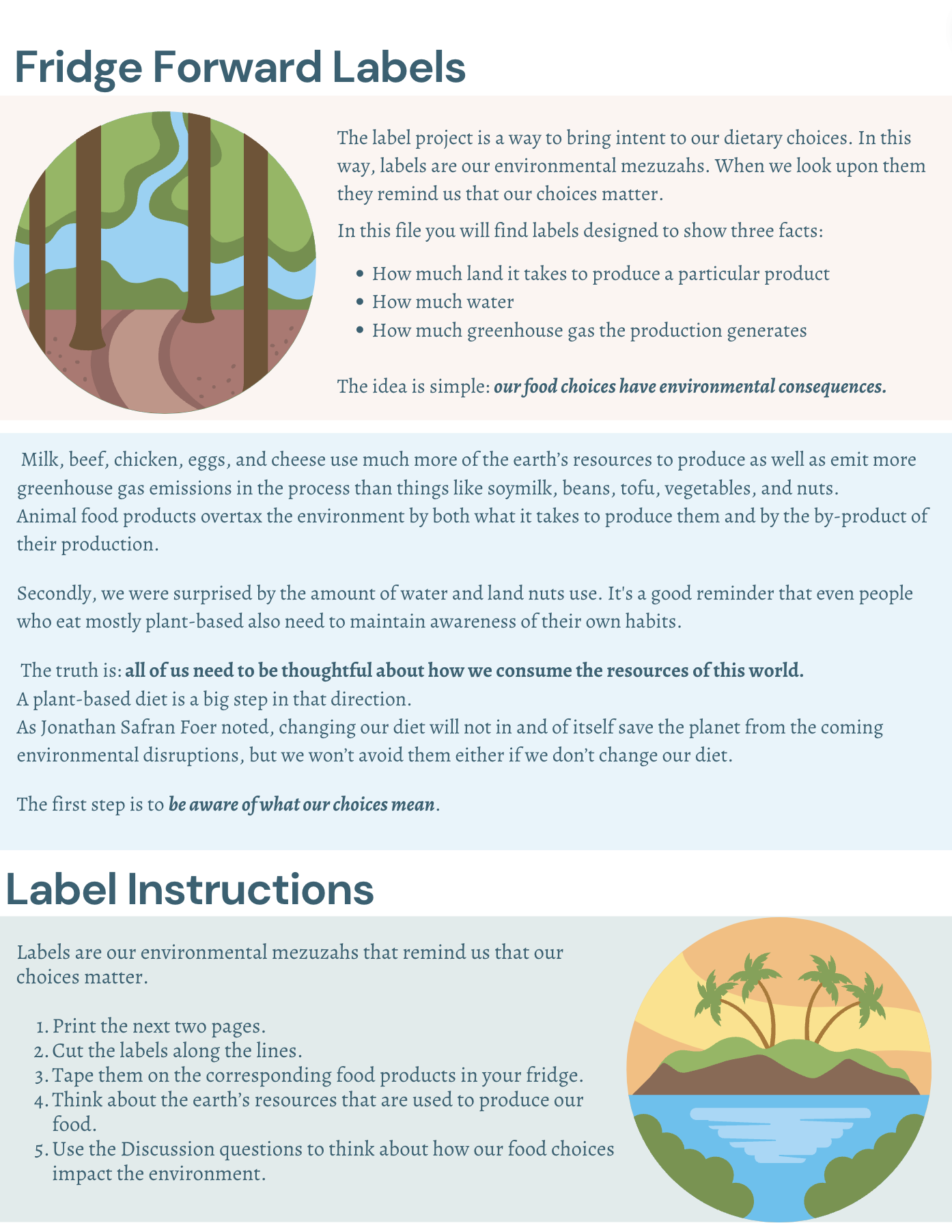
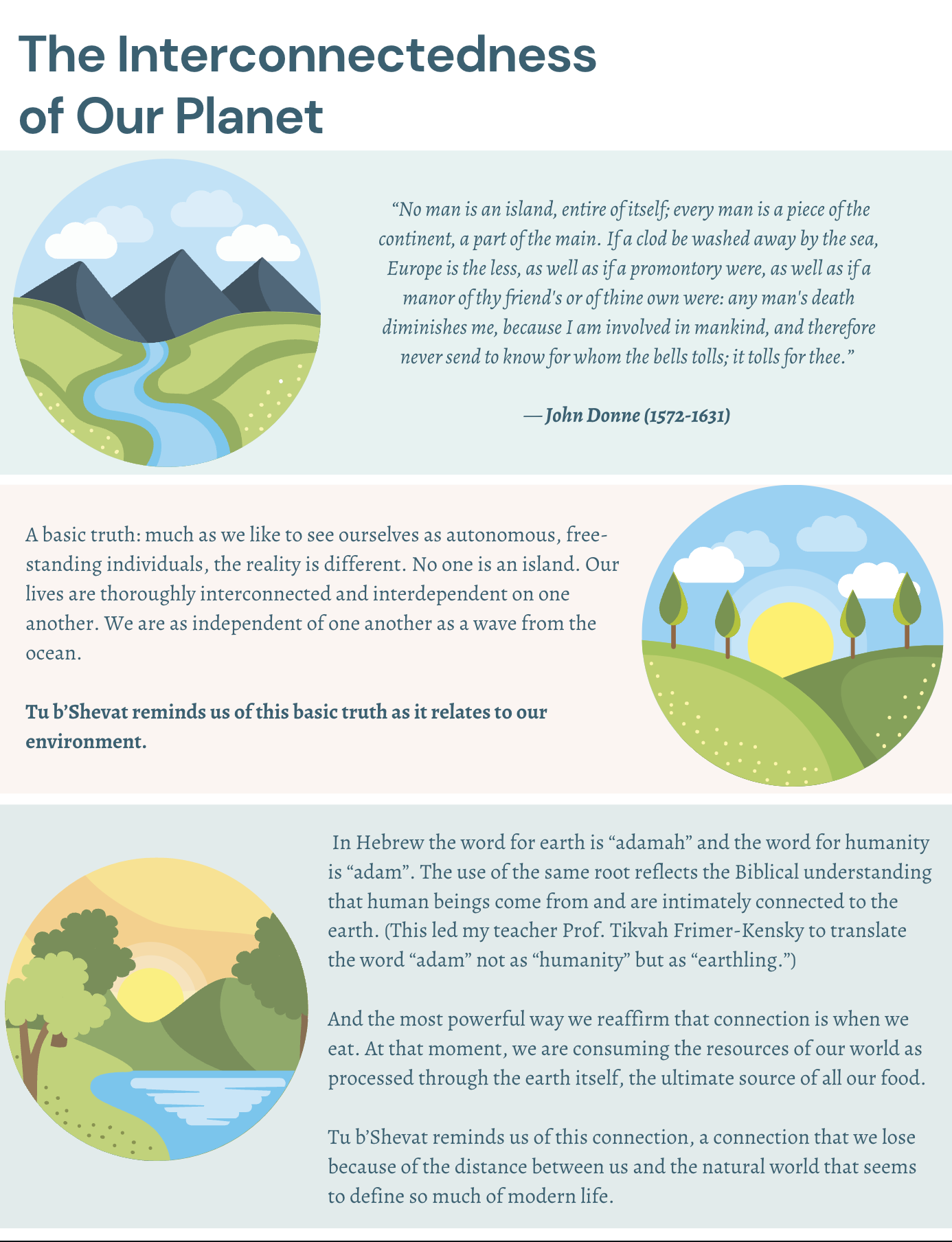
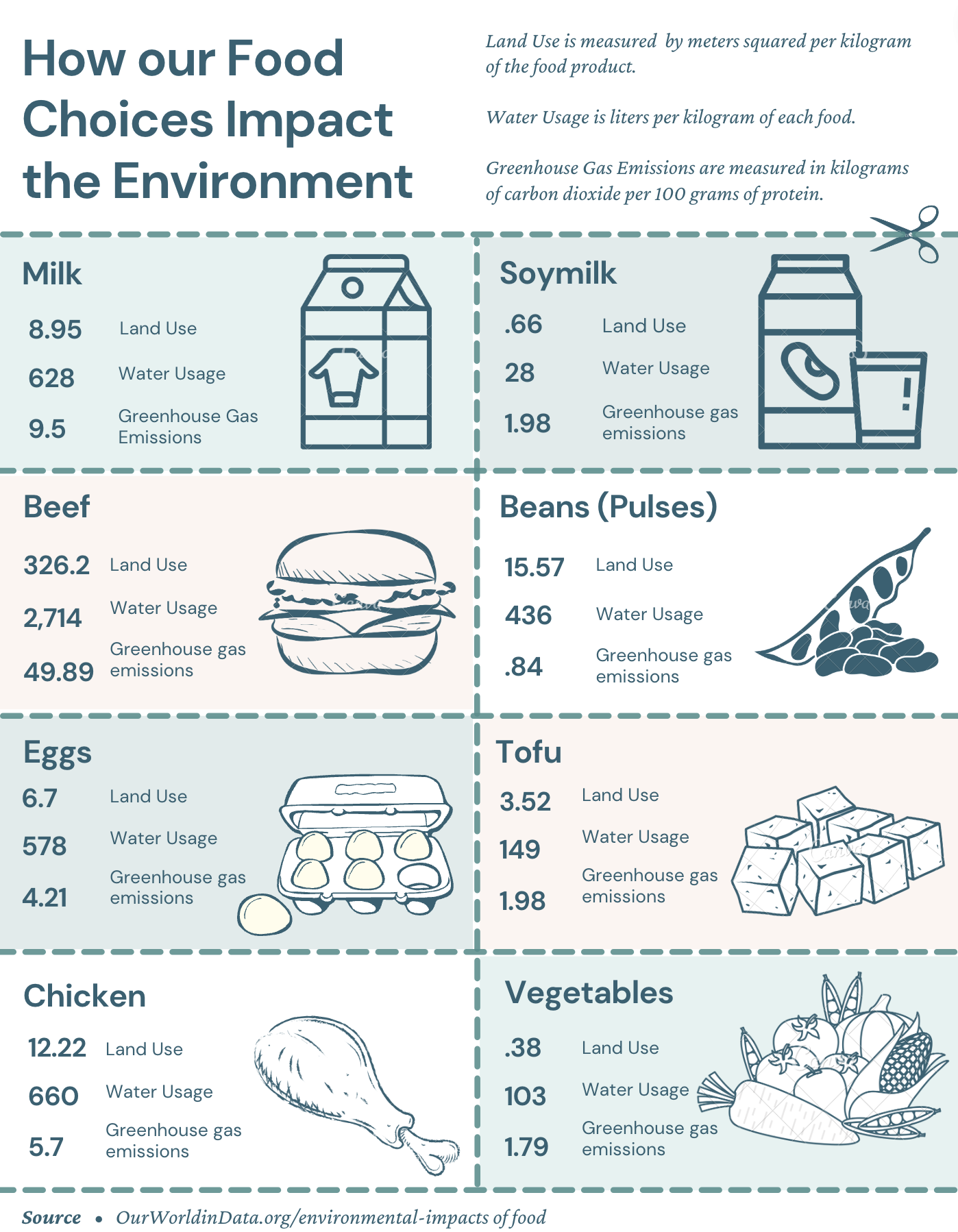
Leave a Reply